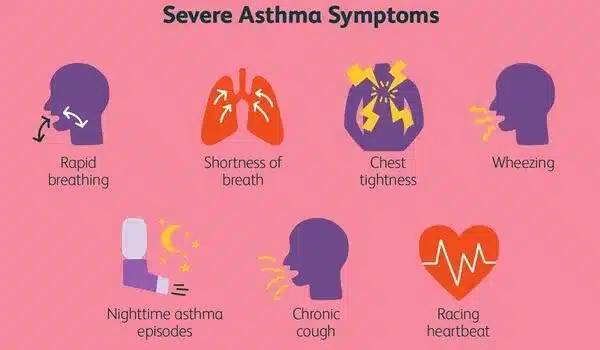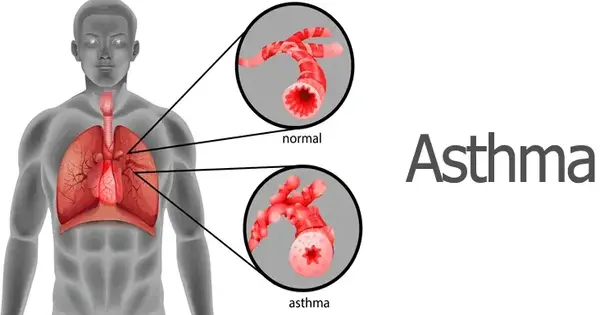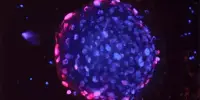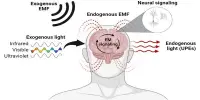Scientists from the University of Southampton and the La Jolla Institute for Immunology (LJI) in California have discovered a type of immune cells that may cause severe asthma. These cells accumulate in the lungs and appear to do the most damage in males who get asthma later in life.
“If you are male and develop asthma after the age of 40, there’s a high chance this T cell population is in your lungs,” explains LJI Research Assistant Professor Gregory Seumois, who co-led the study with LJI Professor Pandurangan Vijayanand.
According to new research published in MED, asthma patients who have these cells in their lungs may be more prone to experience difficult-to-treat and perhaps lethal asthma attacks. Normally a doctor would give an asthma patient a general therapy to dampen their immune response, but these cells don’t respond to treatment.
Once you understand the role of cells like these T cells better, you can start to develop treatments that target those cells. Scientists now hope to learn more about these cells and their role in asthma development in order to develop personalised therapies for asthma patients.
Dr Ramesh Kurukulaaratchy
The scientists uncovered these T cells, called ‘cytotoxic CD4+ tissue-resident memory T cells’, thanks to volunteers enrolled in the NHS clinic-based WATCH study. It follows hundreds of asthma patients of different ages, sexes, and disease severities. By following patients over many years, and analysing their immune cell populations, researchers are making new connections between asthma symptoms and immune cell activity.
“Once you understand the role of cells like these T cells better, you can start to develop treatments that target those cells,” says WATCH study director Dr Ramesh Kurukulaaratchy, Associate Professor at the University of Southampton and researcher at the NIHR Southampton Biomedical Research Centre.
Scientists now hope to learn more about these cells and their role in asthma development in order to develop personalised therapies for asthma patients.

How harmful T cells drive asthma
T cells are known as “memory” cells because they respond to chemicals that the body has previously fought off. They help the body fight viruses and bacteria, but the same T cell memory is a major issue for asthma patients. Their erroneous T cells detect harmless substances, such as pollen, and mount a harmful inflammatory reaction.
Men who got asthma later in life had an abundance of possibly dangerous T lymphocytes. Their lungs should have housed a varied range of CD4+ T cell types, but in this group, more than 65 percent of the cells were cytotoxic CD4+ tissue-resident memory cells.
Personalized asthma treatments
LJI scientists used single-cell RNA sequencing to develop a ‘biomarker’ to detect cytotoxic CD4+ tissue-resident memory T cells in more patients in the future.
According to Dr. Kurukulaaratchy, the discovery of this biomarker marks a “paradigm shift” in asthma research. Previously, scientists and physicians divided asthma patients into two categories: ‘T2 high’ and ‘T2 low. In a study published earlier this year, the research team demonstrated the value of drilling down to find many more asthma patient subgroups; their analysis revealed that 93 percent of WATCH patients with severe asthma fell into the T2 high category.















